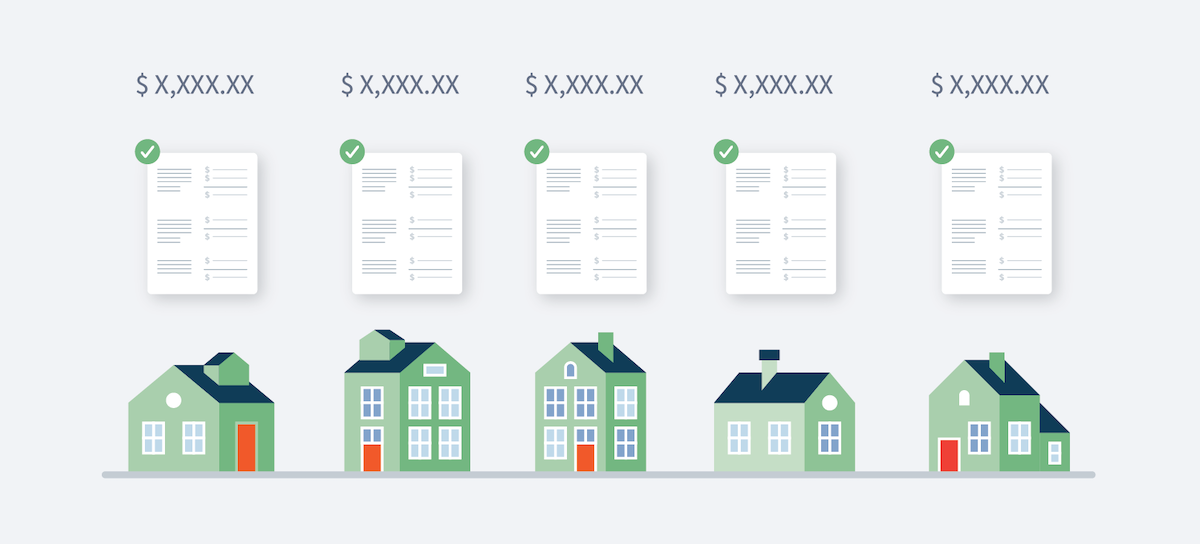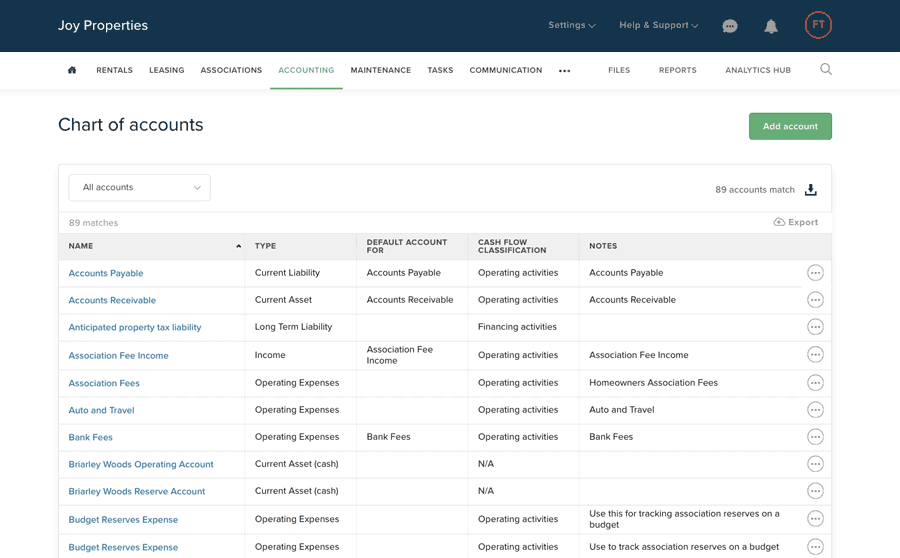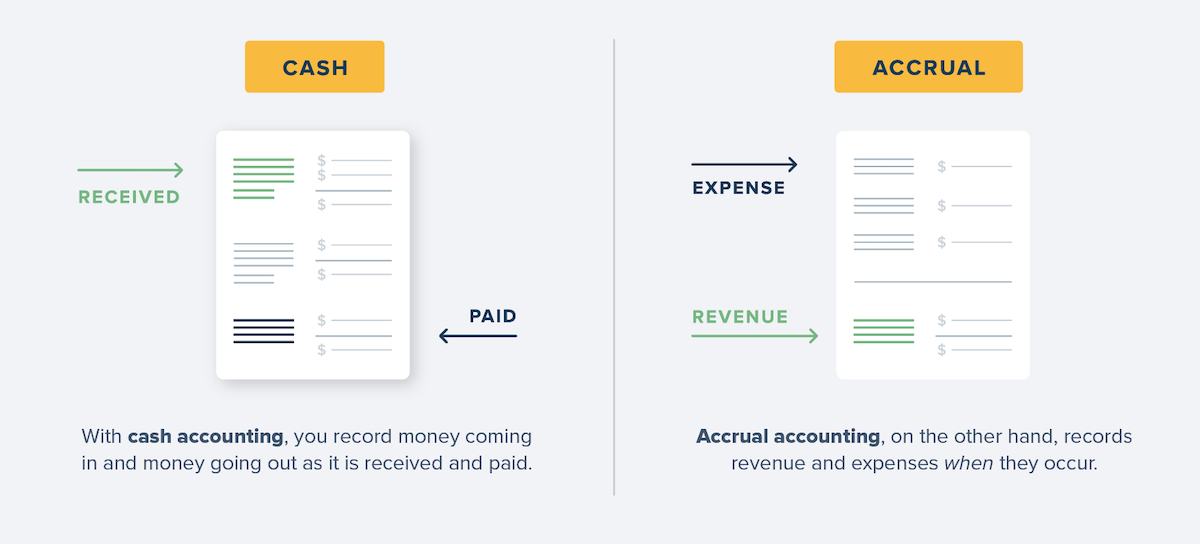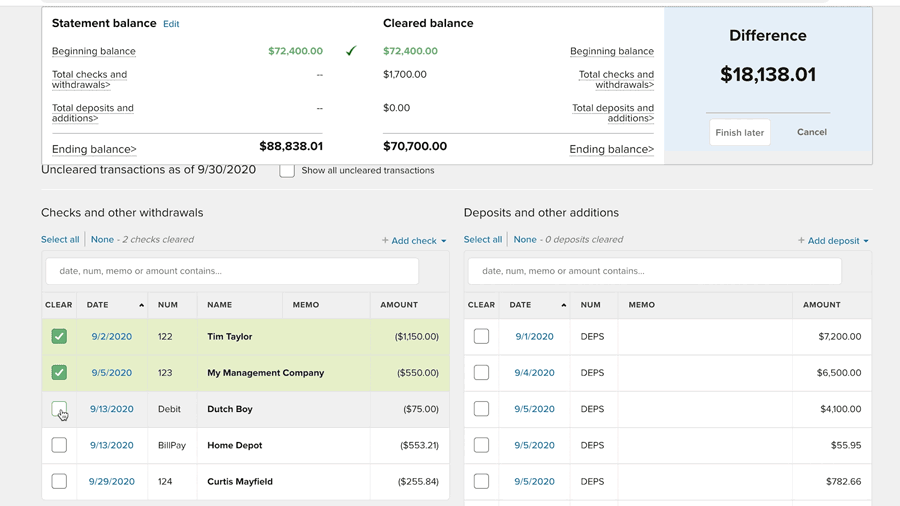Since one of the core responsibilities of a property manager is to manage an owner’s assets, income, and expenses, you’re constantly dealing with accounting whether you like it or not. From receiving rent payments to handling vendor invoices, there’s so much money that flows through your business each month. But do you have the right bookkeeping basics, processes, and property management accounting software in place to be accurate and efficient where it counts?
Chart of Accounts
Want clearer, cleaner books? What about a more useful view into your properties or just easier accounting in general?
Get the Guide“Accurate numbers and real-time financial data allow good decision-making within your business and inspire trust in your property owner clients,” says Jeana Pondelli, Senior Product Manager at Buildium.
She points out that precise property management bookkeeping gets you ready for tax season and other financial events, such as monthly owner reports or quarterly meetings with your HOA boards.
“There’s a lot of liability to bad accounting, especially for a property management company,” says Brandon Hall, The Real Estate CPA. “You could be missing tenant payments, or not accounting for expenses and revenue per client.”
Good property management accounting fundamentals, he says, ensures your books are balanced and you’ve accounted for money tied to every single property you have.
Here are 10 property management bookkeeping best practices and tips to help property managers stay in the black.
How to Set Up Good Property Management Bookkeeping Practices
#1: Open Separate Bank Accounts
Beyond a basic business account, you’ll need a separate account for security deposits, as well. Many states require landlords and property managers to hold security deposits in separate escrow accounts, so the funds are accessible when residents move out.

If your state allows it, Hall recommends holding security deposits in a trust. “If you do it right, you’ll have a separate P&L per property. You’ll understand how much cash you have available. You’ll understand all of your income and expenses per client. And that’s the entire idea of trust accounting for property managers. It’s to make sure that you’re accurate on how much you owe the clients and what your management fees are. If you don’t do it right, you’re potentially subject to a lot of liability, potentially even licensure issues.”
#2: Establish a Chart of Accounts
A chart of accounts is a list of all assets, liabilities, equity, income, and expense accounts. It helps you organize and label your financial transactions.
These are important to have, but you do have the flexibility to tailor your chart of accounts to the needs of your business. Pondelli says you can keep your chart of accounts as high-level or as granular as you like. It all depends on what’s appropriate for your business.
To create a chart of accounts, you can go with something as basic as an Excel spreadsheet, or you can upgrade to a property management accounting software solution to help you put it together. Buildium, for example, creates a chart of accounts automatically, with entries that are customized for property managers.

#3: Choose a Property Management Accounting Method
There are two main methods of accounting: cash and accrual. With cash accounting, you record money coming in and money going out as it is received and paid. Accrual accounting, on the other hand, records revenue and expenses when they occur.

Most property managers use cash-basis accounting, but you have to be careful not to lose track of revenue and expenses as they occur. That’s where property management bookkeeping services, and specifically property management accounting software comes in handy. It helps you keep track of all money coming in and going out.
#4: Choose a Bookkeeping Method
Next, it’s time to choose a bookkeeping method; either single-entry or double-entry. In single-entry, all financial items, both incoming and outgoing, are entered just once. That isn’t to say you can’t have a separate column for each. It just means that everything is recorded once in your record.
Businesses are more likely to use double-entry bookkeeping. With this practice, every transaction is entered twice, once as a debit and once as a credit. If, for example, you were to pay a bill from your cleaning service, you would enter the payment as a debit (or less money in the bank) in one account and as a credit (or less money owed to the cleaning service) in the second account.
#5: Manage Invoices and Receipts with Property Management Bookkeeping Services
Finally, find an efficient way to manage all invoices and receipts. That may be a general accounting program like QuickBooks or property management software such as Buildium, which is more customized to the needs of accounting for property managers and reconciling their owners’ books.
Whatever you choose, get in the habit of keeping a record of all statements for money going in and out of your business.
Then, make a regular reporting schedule for yourself and your owners. Buildium gives owners the option to generate and download their own reports. Although it may be a good idea to meet with owners to go through numbers together.
Property Management Bookkeeping Tips for Staying Profitable
#6: Keep Collections Current
There are times when it makes sense to waive fees, especially during the pandemic, when residents or owners are struggling. But you have to be careful about letting your collections run late. That money can pile up from month to month and ultimately hurt your bottom line.
Be sure to record any fees that are waived and categorize those units or properties accordingly—ideally in your property management software. Also, make sure that you have a consistent process that aligns with your local and state guidelines so that you don’t put yourself, your residents, and your owners in an even more precarious situation.
#7: Plan for Unexpected Expenses
Even if your collections are up-to-date, there’s always going to be that one expense that you didn’t see coming. Instead of scrambling to come up with the cash to cover a last-minute purchase, or even lost revenue from an owner who parted ways, keep a rainy-day fund. Look at your expenses over the previous year, especially the unexpected ones, and try to put aside enough money to cover similar costs for the year to come.
#8: Reconcile Accounts Regularly
A monthly reconciliation helps you find typos, duplicates, missing entries, and bank errors. It’s the first step in accurate bookkeeping. It should be done at the end of every month to ensure that there’s no missing money or overpayments.
It can be a time-consuming process, which is why you might be tempted to put it off, but finding the right tool to help you get it done can save you plenty of money.
“Buildium allows you to start a reconciliation and then save your work for later,” explains Pondelli. “So, you can make progress over time. This can definitely save hours when finalizing your bank reconciliations at the end of each month.”

#9: Stay Cash-Flow Positive
Let’s be clear. A positive cash flow doesn’t necessarily mean you’re in the black. In property management bookkeeping, not every cash expenditure is an expense. For example, with property accounting, a security deposit refund moves cash but uses a liability account. With your company books, you might buy a big piece of expensive equipment, a computer, or a vehicle and book it as a fixed asset.
With cash basis accounting for property management, as long as you keep your business in the black, you’ll typically have a positive cash flow. If you manage your company’s books on an accrual basis, this number is probably going to vary, and it’s worth watching.
#10: Look for Tax Deductions
Keeping accurate, up-to-date books affords you the opportunity to look over all of your finances at once to find opportunities to save money. And one way to do that is to claim tax deductions.
For example, you can deduct the cost of education and training, mileage, and even bookkeeping services. That said, a lot has changed throughout the pandemic—and will likely continue to do so with the goal of stimulating the economy. Stay current with the changes in tax code that will impact what you can and should deduct. And remember that your tax strategy needs to be intertwined with your business strategy. A knowledgeable CPA and advisor is your best friend, but you can also stay up to date by checking out Buildium’s 2022 Tax Guide for Property Managers.
Solid bookkeeping for property management not only keeps you in the black, but it also keeps your business compliant and reduces the risk of liability. Still, knowledge is only one piece of the equation—you also need to make sure the quality of data you’re collecting is sound. That’s why both Hall and Pondelli recommend carving out time each day to stay on top of your t.
“Taking 15, 20 minutes a day just to verify any new transactions that came through is always going to be beneficial,” Pondelli points out.
Having a strong grasp of the fundamentals, the supporting technology, and the discipline you need will make sure your property management bookkeeping provides an accurate picture of your business and doesn’t get in the way of your growth strategy.
Read more on Accounting & Taxes
